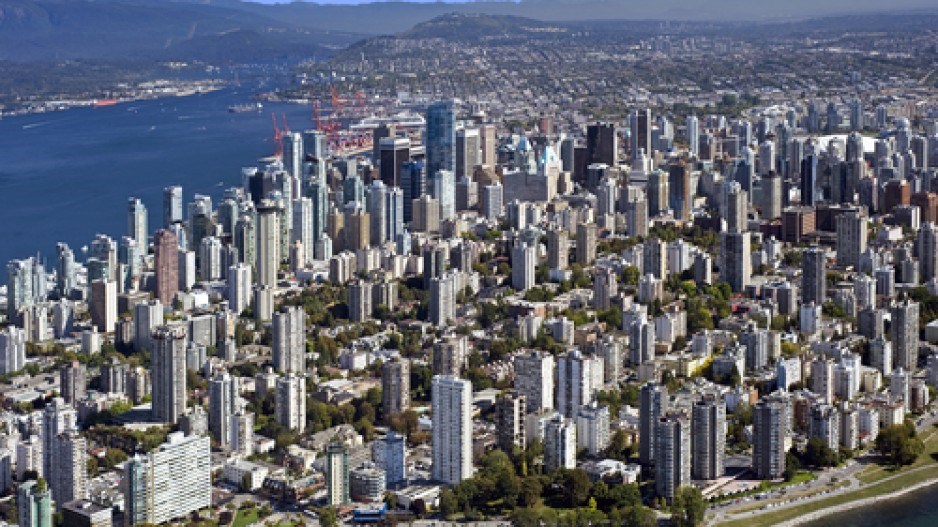Imagine if the next tranche of spending on regional health care depended on a small tax increase – for new hospitals, more equipment, life-saving technologies – and the premier, in her wisdom, decided to put it to a referendum.
Now imagine that a small anti-tax organization went to work against it, pointing to lineups at emergency wards, bloated salaries for hospital administrators, some broken escalator, money wasted on art and a new medical records system that wasn’t implemented on schedule. This would be “documented” on a website with cartoon characters, half-truths, fantasy fears and little dollar bills with wings for a backdrop, created by someone who didn’t use hospital services.
The campaign would distract enough attention away from the health-care benefits to convince people that their interests were best served by teaching the health-care authorities a lesson and denying them the funds.
If that comparison seems a stretch, it’s not. As with the benefits from health-care spending, there has been little disagreement on one point in this referendum: implementing the mayors’ plan for transit and transportation will be the biggest single step we can take to improve the economic, social and environmental health of this region over the next decade.
In fact, there’s a direct comparison on the health front. This will be the biggest investment in public health that we will make in our generation, say all our medical health officers, citing fewer deaths and accidents, less risk of chronic diseases linked to inactivity and fewer lung diseases from cleaner air. (The response of the No campaign was that the medical health officers, all doctors, were “grasping at straws” to win the referendum.)
Some people are calling this The Great Dupe, where large numbers of people have been stirred into fear and anger by someone in Langley who never uses transit (because “service is so poor around town that it’s virtually unusable”) and who has teamed up with a former campaigner for the oil industry to conclude that saving $0.35 a day per household – and by default promoting cars, costly new highways, congestion, air pollution and social isolation – is in the interests of “everyday people.”
One of those everyday people would be the young mom with the stroller standing in the rain as a full bus passes her by (described by a burly bus driver at the launch of the Yes Coalition, of which I’m a member).
Another is the Surrey high school grad struggling to pay off his debts, living out of reach of dependable transit, forced to spend $10,000 a year on his car.
Another is the worker at the Edgewater Casino who sleeps in an office for three hours after her late shift until the first bus starts up in the morning. (Under the plan, night bus service would increase by 80%.)
Somehow, a few anti-tax crusaders’ voices are outweighing all the medical health officers in the region, virtually all the mayors and MLAs, and the 120 organizations endorsing a Yes vote.
Newspaper columnists champion the claim that this is a little guy fighting “big government, big business, big labour, big environment, big government relations firms, all spending big money to get a big tax hike,” while organizations like the YWCA, the Disability
Alliance (HandyDart services would increase by 30% under the plan), student unions, the Hospital Employees’ Union, business improvement associations and the Surrey Poverty Reduction Coalition struggle to tell the public that a Yes vote is vital for their members.
And the ultimate frustration? According to former TransLink CEO Pat Jacobsen (2001-08), choking TransLink won’t fix it.
“A No vote will do nothing to improve it.
“It will be very difficult to find a new [permanent] CEO. TransLink will be unable to maintain its aging physical plant. It will continue to lose public confidence, and it will spiral downwards.”
And full buses will continue to pass by the mom with the stroller in the rain. •
Peter Ladner ([email protected]) is a co-founder of Business in Vancouver. He is a director of the Better Transit and Transportation Coalition and the author of The Urban Food Revolution.




